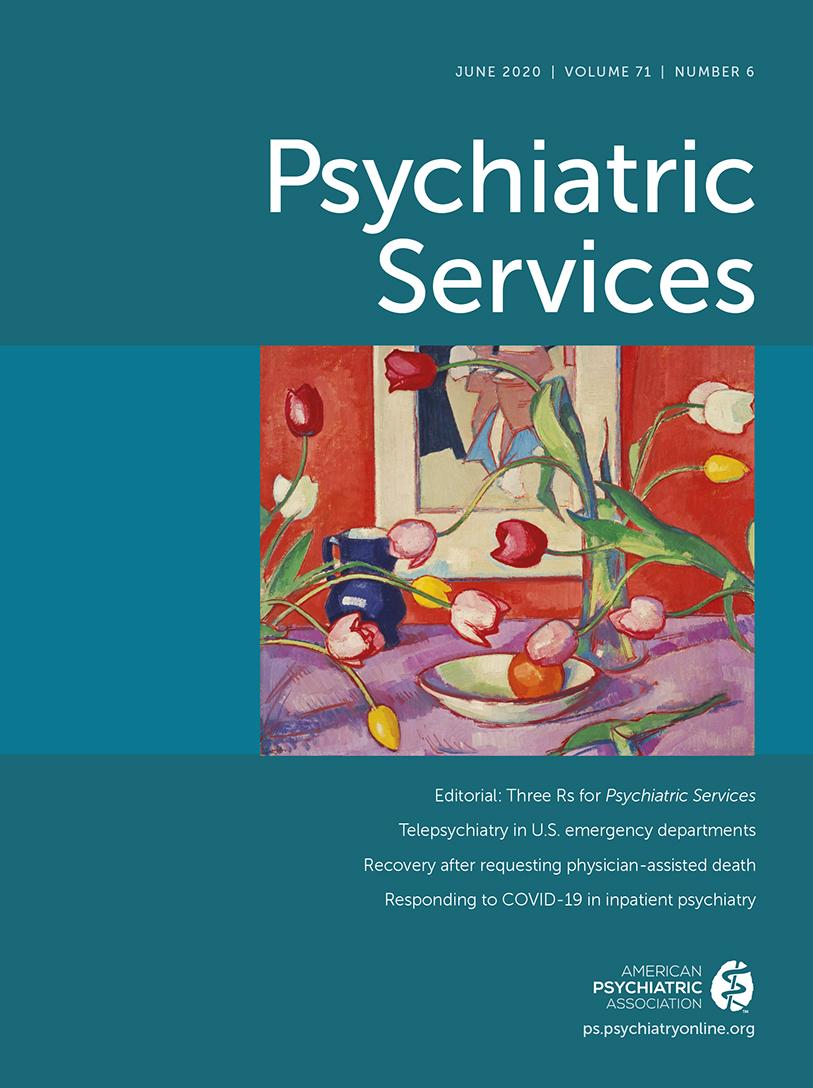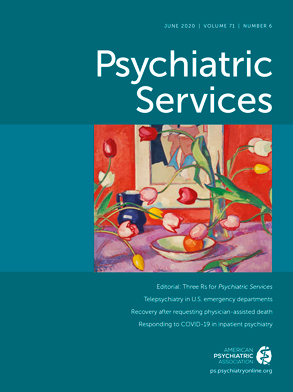It was a tiny clinic in a remote area of New York. I drove out several times a week to get there. The drive was beautiful and quiet, especially in autumn. I couldn’t escape my thoughts on the drive.
I had taken some time off right after graduating from psychiatry residency. My father had died in my last year of training. I had just started going back to work, conflicted about my chosen work and the personal price I’d paid for trying to do it well. Could I do something simpler than medicine, simpler than psychiatry . . . something without so many . . . people? Maybe I could do something else. Something that didn’t take so much from me in so many ways—things that I could never get back.
On this particular day and this particular drive, the color of the leaves had begun changing into red, deep purple, and gold. Some leaves had started to fall. I passed the same bright red barn I always did, as the road wound over the hills. It sat in the distance in stark contrast to the rolling green field. Dad would’ve loved how that barn looked sitting there. And then just like that, I thought of the leaves falling, this red barn, the last time I saw my father alive, his funeral. The “gone-ness” of him. I felt the dead weight of a sudden loneliness that had no words. I didn’t want to go to work that day. More sick people. My dad, a surgeon, would’ve told me to stop it and go see my patients. So I did.
By lunchtime that day, I wanted a cigarette. I hadn’t smoked in a long while, since my father’s funeral really. He would be mad about my smoking, but so what? He wasn’t here in this new version of the world that I wasn't liking very much. I hatched a plan to find a place in this tiny town to buy a pack of cigarettes, smoke one, and throw the rest out. I figured, no one knows me in this town, so what the hell? I found a gas station, got my pack of cigarettes, chose a lighter (imprinted, ironically, with a heart containing the word “family”), and sat in my car and had the cigarette. Slowly. I didn’t finish it. I still felt like crap. I drank some coffee and went back early to the clinic. What else was I going to do?
I went out to the waiting room and called my first afternoon patient. He was an older gentleman who appeared to be in decent physical health but who appeared very, very tired. He seemed incredibly surprised when I introduced myself as his doctor.
“You’re my doctor?” he double-checked.
“Yes, I am,” I answered. We shook hands, and he was half smiling at me. I couldn’t figure out why.
He was a physician too, recently retired. He opened up about his profound depression, which had set in later in life and had yet to respond to any treatment. He proceeded to tell me that his father had died when he, the patient, was very young. My patient grew up fast, worked hard, was very successful in medicine, married the girl of his dreams, and had a good family and grandkids he adored. However, he often felt an inner distance that he couldn’t explain, and at times he felt a sense of numbness. Part of him always wondered when he would lose it all and when the other shoe would drop, and that put him on edge. His mother died years ago, he had to retire, and after this, he became truly depressed. He hadn’t been able to figure out why he couldn’t seem to recover on his own—why he couldn’t just “get over it” or “make” himself better.
“How did she die?” I asked.
“Lung cancer.” Silence. He stared long and hard at me. “Sooo . . . when are you gonna stop smoking?”
I nearly died. “WHAT?!” I exclaimed.
“You didn’t recognize me? I was right behind you in the gas station. You chose the lighter with the heart on it?”
Mortification. So many strange things have happened to me in the course of training but never anything like this. I was totally unprepared. This isn’t about me, I thought; I’m the one asking questions here. Split-second panic: What do I say? What excuse do I make? Oh my gosh, I could die! I decided, really, to just tell the truth. I began to laugh softly, mostly at myself and my rotten luck.
“I did quit,” I explained, “a long time ago. Sometimes I have rough patches, like today when I think of my father, who died last year. But I’ll quit again.”
He looked at me, as if he was studying my face very closely. I didn’t feel as uncomfortable as I normally would have. I just moved along. He picked up where we had left off, and we carried on with our interview.
He agreed with my formulation. He was hesitant about psychiatry in general, but he agreed to a medical workup, and we very carefully started medication. We agreed to see each other weekly for therapy as well. I walked him to the door of the clinic at the end of our session. He turned around abruptly before leaving.
“Hey, Doc?” he said. “I have a feeling you’re going to be able to help me.”
I was dumbfounded. Why on earth would he, or anyone else at that point, feel anything remotely like that? I met his gaze and mumbled, “I hope so.” I really did hope so, even if I was filled with enough self-doubt to sink a ship.
He worked hard in treatment. He showed up every week. He trusted me medically, even though I was barely out of residency and secretly contemplating quitting altogether. I showed up, too. Carrying my own dead weight, I often felt raw and unsure, but I showed up to honor his commitment to treatment. Some days, he didn’t think he would make it to the other side of his melancholia. I wasn’t always so sure either. There were layers. We worked on tough things. It was tempting and almost easier at times to give up, but we slogged through.
He came in one day, eager to point out something to me in the parking lot. He was riding his motorcycle again. He was beyond excited about that. He had visited his parents’ graves and sat there, telling them all the things he had wished he could say for a lifetime. He began to feel more connected to the people he loved. That chronic inner distance he once described began to dissipate. It was also scary for him at times. In a way, numbness had kept him safe. Feelings, of any sort, he said, were not his “thing.”
He told me about the things he had done in his life and the places he had seen. He urged me to go to Barcelona while I was young, because, to him, it was the most beautiful place in the world. He told me to hurry because time was ticking. “You think you’re going to be this young always,” he said, “and then you wake up and you’re not.”
He and his wife eventually moved to a warmer state. We said our goodbyes and went our separate ways. He had come so far in treatment. It was such a gift to get to see him have the second shot at life that he had worked so hard for.
I thought about him quite often as the years passed. I wasn’t the same person or doctor, nor would I want to be. There is something hard about showing up even when you don’t know if you’ll make it through or whether things will ever change. There is something hard about showing up when you’re exposed, vulnerable, and profoundly doubtful of what you have to offer another human being. Both of us showed up. Even though we had different roles, we both labored under the human condition of loss, regret, the irretrievable nature of time, and the inevitable holes and disorientation they leave in all of us. We both showed up to figure out what to make of life after loss. I didn’t know exactly how this affected me at the time and I realized it only after some years had passed. There was something very gritty and special about having slogged through to the other side. I’m glad that neither of us gave up on ourselves, treatment, or each other as doctor and patient.
I thought about the intersection of our lives in the gas station and in the clinic that autumn, that year. I am still deeply thankful for my rotten luck that day, for all of it.
I looked up my patient recently and saw his obituary from a few years after our time together. It was a very tender and charming obituary with a picture of him as a handsome young man. He meant so much to so many people. I hope his last years were good ones. I’ll always feel a particularly special and quietly indelible connection to the years that we had together that were much darker than others, but honest and beautiful in their own distinct and stark way.

